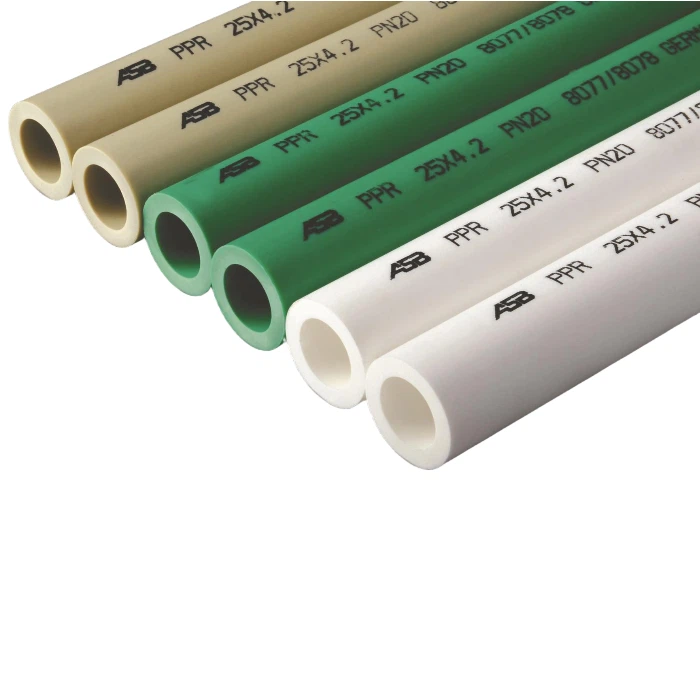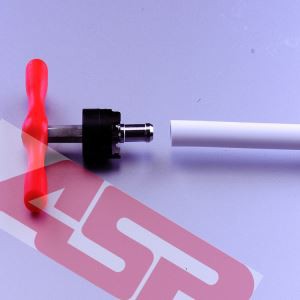Hey there! As a supplier of PPR Composite Pipes, I've gotten a ton of questions about how these pipes impact water quality. So, I thought I'd break it down in this blog post.
First off, let's talk about what PPR is. PPR stands for Polypropylene Random Copolymer. It's a type of plastic that's widely used in plumbing because it's durable, flexible, and resistant to corrosion. You can learn more about it here: Polypropylene Random Copolymer Pipe.
One of the biggest advantages of PPR composite pipes is that they don't react with water. Unlike metal pipes, which can rust and leach harmful substances into the water, PPR pipes are inert. This means they won't change the taste, odor, or chemical composition of the water flowing through them. So, you can be sure that the water you're getting is as clean and pure as it was when it entered the pipes.
Another benefit is that PPR pipes are smooth on the inside. This smooth surface prevents the buildup of sediment, scale, and bacteria. When pipes have rough surfaces, these contaminants can stick to the walls and grow over time, which can degrade water quality. But with PPR pipes, there's nowhere for these things to attach, so the water stays cleaner for longer.
Now, let's talk about hot water. PPR pipes are great for hot water supply too. You can check out our PPR Pipe for Hot Water Supply for more details. When water is heated, it can cause some pipes to release chemicals or break down. But PPR pipes are designed to withstand high temperatures without losing their structural integrity or leaching any harmful substances. This means that even when you're using hot water, you don't have to worry about it being contaminated by the pipes.
PPR-FB-PPR pipes are another option we offer. These pipes have a special structure that combines the benefits of PPR with an additional layer for added strength and stability. You can find out more about them here: PPR-FB-PPR Pipe. The extra layer doesn't affect water quality either. It just makes the pipes more reliable and long-lasting.
But it's not just about what the pipes don't do to the water. PPR pipes also help maintain water quality in other ways. For example, they're easy to install and seal properly. A good seal is crucial because it prevents leaks and the entry of external contaminants. If pipes aren't sealed correctly, dirt, bacteria, and other pollutants can get into the water system. With PPR pipes, you can be confident that the joints are tight and secure, keeping the water safe.
In addition, PPR pipes are resistant to UV rays. If pipes are exposed to sunlight, especially over long periods, it can cause some materials to break down and release harmful substances. But PPR pipes can handle UV exposure without any issues, so they're suitable for both indoor and outdoor use.
However, it's important to note that while PPR pipes are great for water quality, proper installation and maintenance are still key. Even the best pipes can have problems if they're not installed correctly or if they're neglected over time. Make sure to follow the installation guidelines carefully and have your plumbing system inspected regularly.
So, if you're looking for a reliable way to ensure good water quality in your home or business, PPR composite pipes are a great choice. They offer a combination of durability, safety, and performance that's hard to beat.
If you're interested in learning more about our PPR composite pipes or are thinking about making a purchase, don't hesitate to reach out. We're here to answer any questions you might have and help you find the right pipes for your needs. Let's start a conversation about how we can work together to improve your water system.
References


- General knowledge about PPR pipes and water quality from industry experience.
- Technical specifications and research on PPR materials and their properties.






